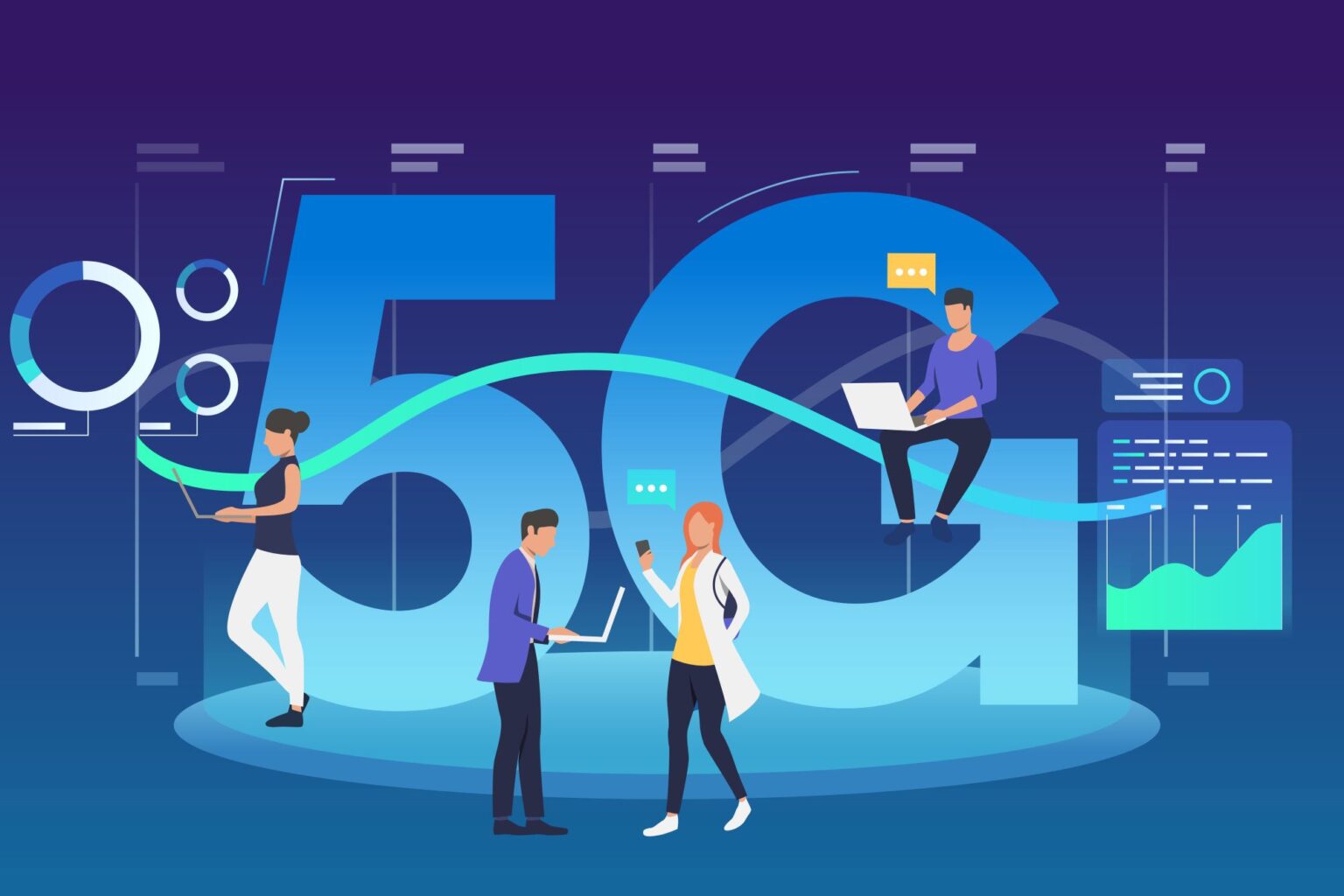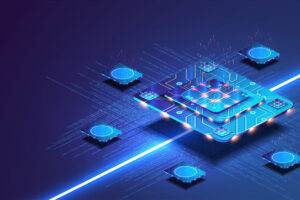
As technology advances at lightning speed, one innovation stands out as a game changer across nearly every sector: 5G. The fifth generation of wireless technology is more than just faster internet — it’s a foundation for future digital transformation. From mobile connectivity to smart cities and beyond, 5G is poised to reshape how we live, work, and interact with the world.
What is 5G?
5G, or fifth-generation mobile network, is the successor to 4G LTE. It offers significantly faster data speeds, lower latency, and the ability to connect more devices simultaneously. Where 4G offered speeds up to 100 Mbps, 5G has the potential to deliver up to 10 Gbps, along with near-instantaneous communication between devices.
Impact on Mobile Connectivity
For everyday users, the most immediate and noticeable benefit of 5G is its impact on mobile performance. Streaming high-definition videos without buffering, playing cloud-based games with zero lag, and making crystal-clear video calls on the go are becoming standard experiences.
But 5G also enables enhanced mobile apps. Augmented reality (AR) navigation, real-time language translation, and immersive video conferencing all benefit from the ultra-low latency that 5G offers.
Building the Foundation for Smart Cities
One of the most exciting applications of 5G is in the development of smart cities. With millions of interconnected sensors, cameras, and devices, urban areas can become more efficient, safer, and responsive.
Examples include:
- Smart traffic lights that adjust in real time to reduce congestion.
- Connected emergency services that can receive data from accident scenes before arriving.
- Waste management systems that optimize pickup routes using real-time fill data from bins.
All of these require the bandwidth, speed, and reliability that 5G delivers.
Enabling the Internet of Things (IoT)
The Internet of Things (IoT) — a network of interconnected devices — thrives on 5G. Everything from smart thermostats and wearable fitness trackers to industrial sensors and connected cars depends on fast, seamless communication.
5G supports massive IoT deployments, with the ability to connect up to 1 million devices per square kilometer. This makes it possible for homes, factories, farms, and even entire cities to operate smarter and more autonomously.
Transforming Industries
Industries across the board are being revolutionized by 5G:
- Healthcare: Remote surgeries using robotic tools, real-time patient monitoring, and AI-driven diagnostics are becoming more feasible.
- Manufacturing: Smart factories use 5G-powered robots and sensors to enhance precision and reduce downtime.
- Transportation: Autonomous vehicles can communicate instantly with each other and with infrastructure to avoid collisions and optimize routes.
- Entertainment: VR and AR experiences become more immersive with the bandwidth and low latency 5G provides.
Challenges Ahead
Despite its potential, the rollout of 5G comes with challenges. Infrastructure demands are high, requiring dense networks of small cells. Additionally, concerns around cybersecurity, health, and equitable access must be addressed to ensure the technology benefits everyone.
Conclusion
5G is not just a step forward in wireless communication — it’s a technological leap that will impact nearly every aspect of modern life. As the infrastructure continues to expand, we’ll see smarter cities, more connected communities, and more efficient industries. The future of 5G is not only fast — it’s transformational.






